
When you’re managing a European solidarity project it is obligatory to have a monitoring meeting once during the 12-month period with people from the National Agency. Our monitoring meeting was the day when we had a NFE workshop. A lady from the NA suggested we should look into some training courses on the “Salto” web and the first thing that caught our eye was a training course organized in Greece. I wasn’t sure if it was a great idea to take a week off school to travel all over to another country. I was constantly evaluating my choices if I should apply or not. The night before the deadline for the training course applications closed we decided to give it a shot. Oh have I mentioned we were overwhelmed by organizing an upcoming event too?
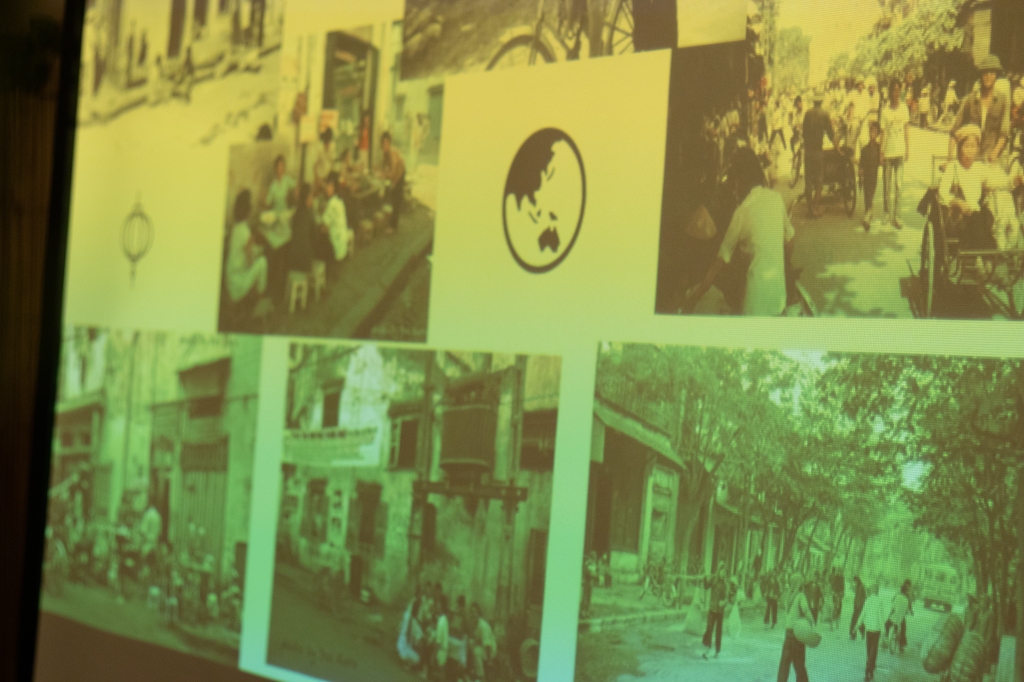
A week passed and the day of our event in Budweis we got the results. After we had done our presentation about Vietnamese New Lunar Year, people sat down for dinner we and the chef prepared specifically for this event for guests to experience traditional Vietnamese food. We sat down next to our friends and were still stunned and amazed how great our event was. It was like the first time in a while we got to sit down and relax and not worry about some event planning. We took our phones out and each of us opened e-mails to see if we got accepted. Tension. Confusion. “Congratulations, you have been selected….” Another moment for celebration and joy. And after that followed feelings of fright, panic, worry and anxiety~
We were quite sad when we found out our friend got put on a waiting list and didn’t get to join us in Greece. But because our school year wasn’t over yet, we were also quite stressed. We still haven’t purchased our airplanes tickets yet the week before our training course which made it more stressful for us because the tickets cost a lot more. But thankfully our traveling cost was financed by the Czech NA.
This training course “Learning in short-term-group project” took place in Porto Heli and was organized and financed by German and Greek NA’s. We arrived in Piraeus on Sunday at night to catch some Zzz’s before taking the ferry later in the morning. When we arrived 3h later to Porto Heli we met other people from the training course that took the same ferry as us. And together we went to the resort to check in our rooms. Every participant got to have a room all by themselves with the most calming ocean view.
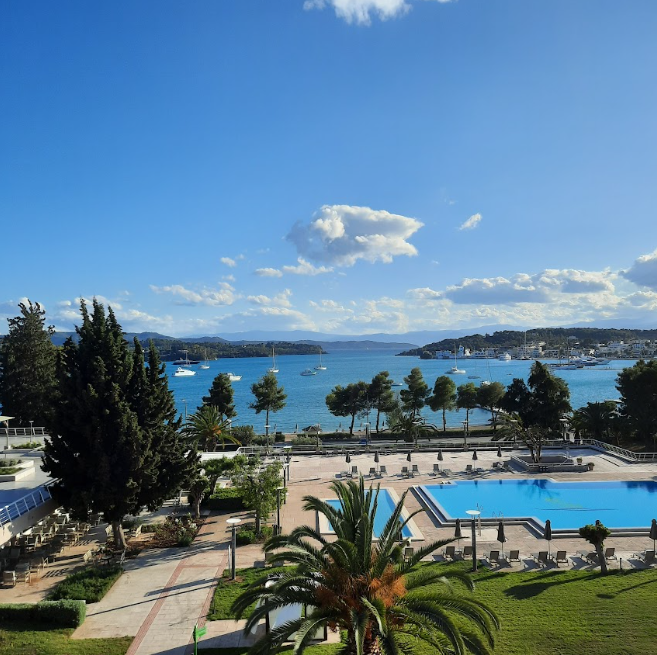
Later in the evening we came down to the buffet for dinner and introduced ourselves to our two lovely trainers for the training course. On our first day one of the trainers joined us for dinner and we talked about how grateful we were to be part of this 5-day project.
The next day we got up early in the morning and headed to the conference room where the training course officially began. There were like twenty people sitting in the circle and all I remember is feeling nervous and trying to seem normal on the camera. The very first activity we did was taking a random name card and giving it to the person you think it belongs to. It wasn’t the only activity we got to know other participants. There were other activities where we got to see what and how much each of us brings to the table. And few activities later all the fears disappeared.
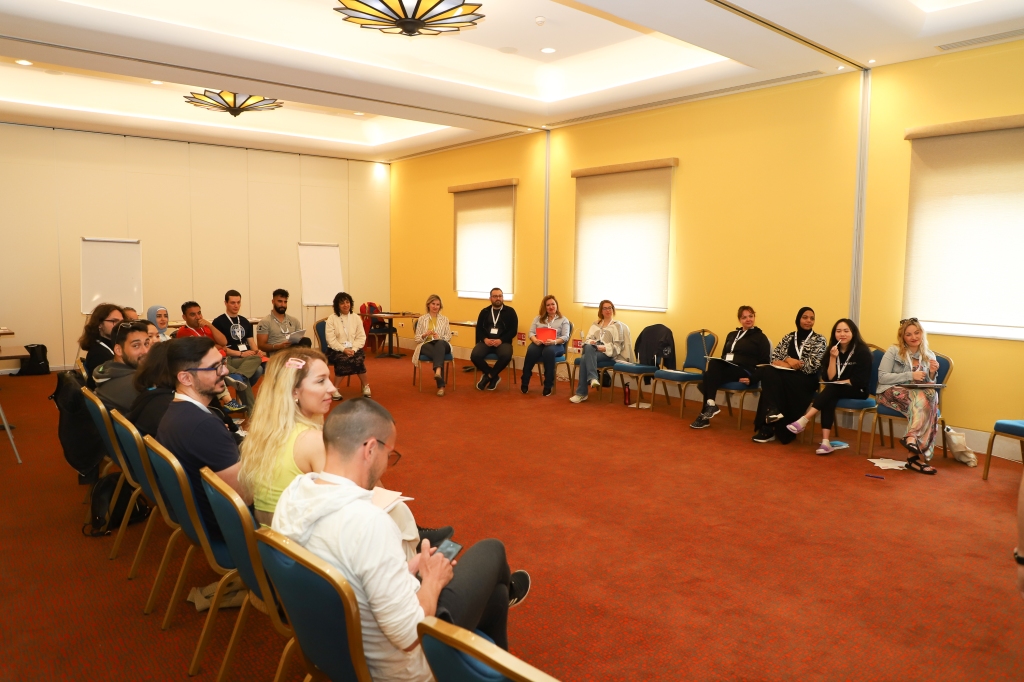
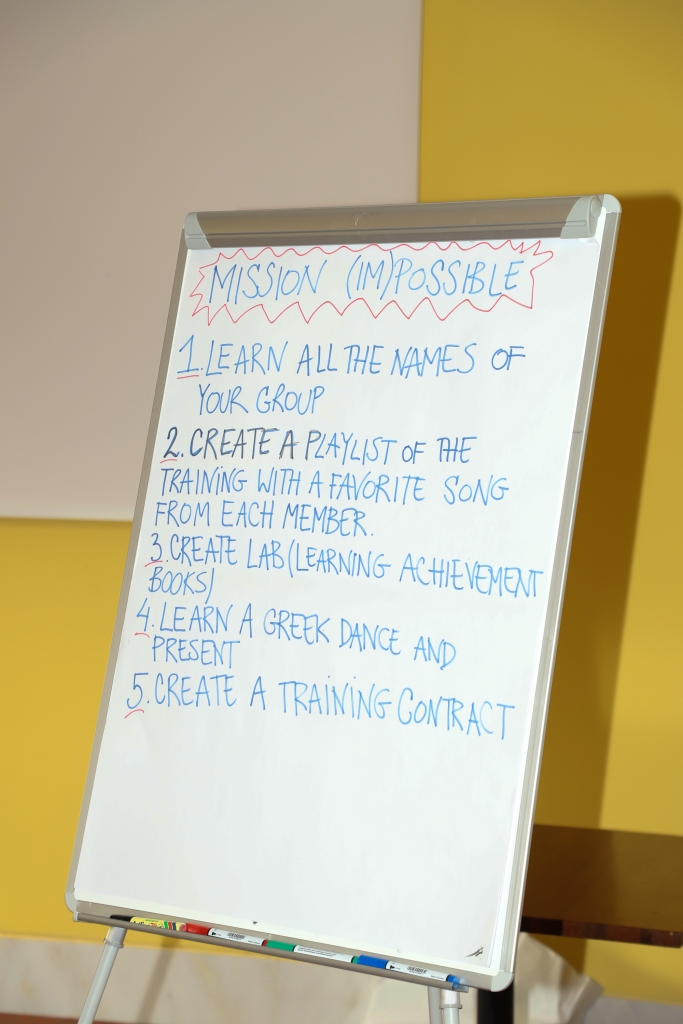
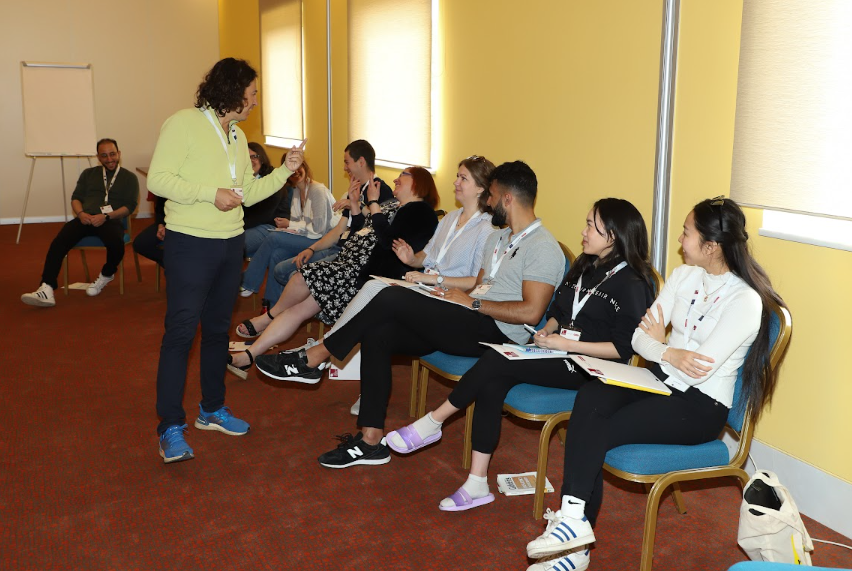
The activities were well planned and organized as one of the methods of non-formal learning. Now that I look back at it a lot of them were done in a circle of people which made it more fun. And just to give you an example: we made a circle and depending on how many training courses we’ve attended we were asked to position ourselves from the least number to the highest. I was quite surprised how I wasn’t the only one with the smallest number. There were other participants that have never been on a training course or a youth exchange. So even if you’re the least experienced in a room full of qualified people you can still bring meaningful and creative ideas to the table.
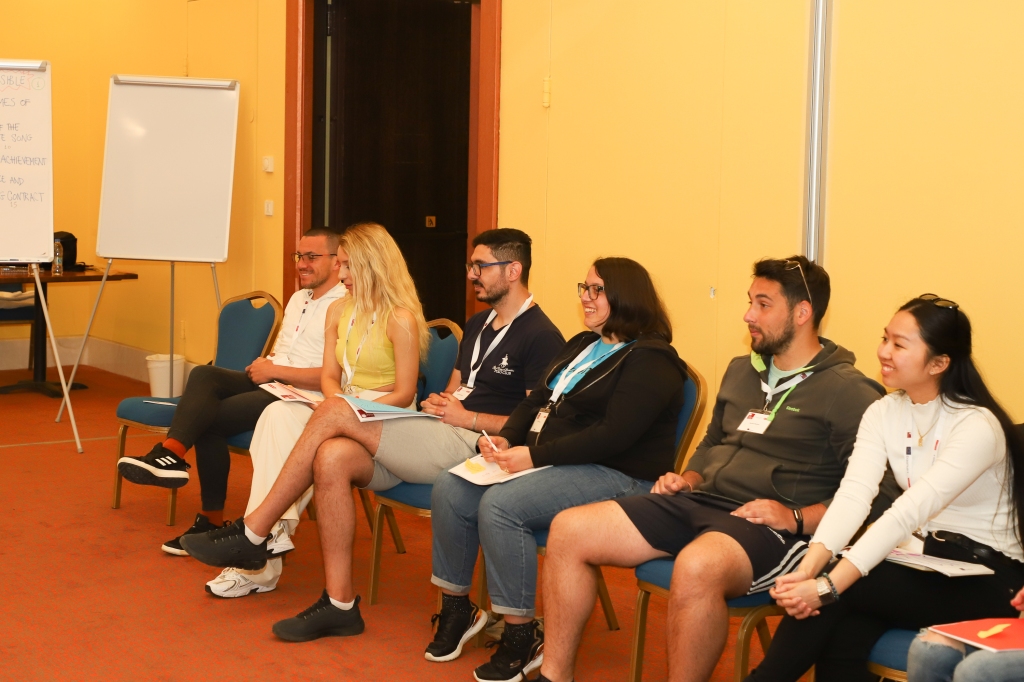
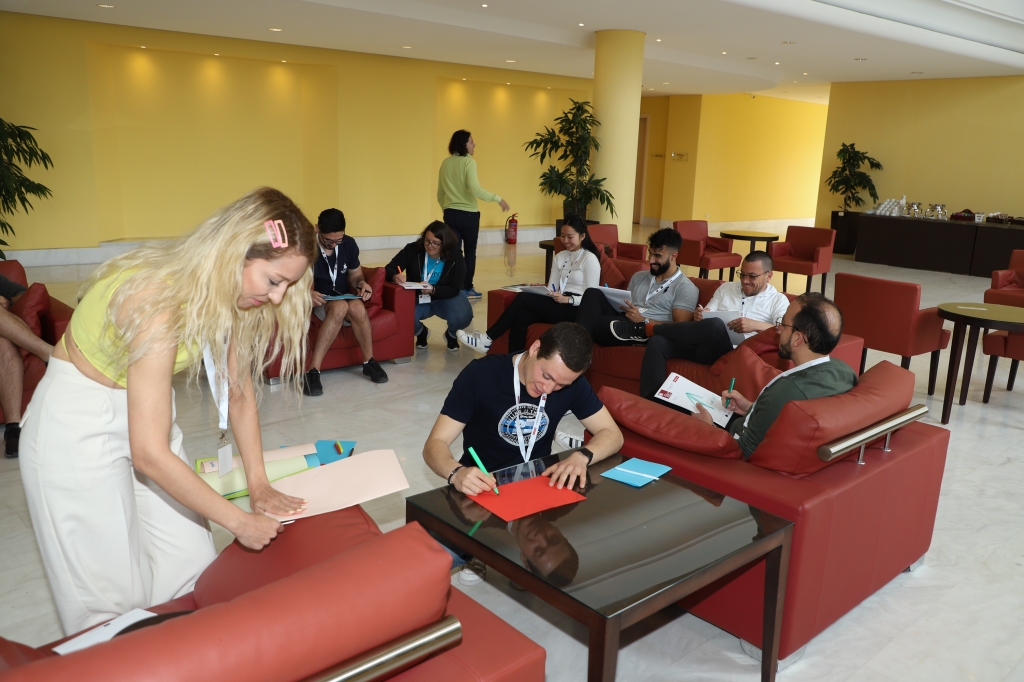
On the second day we met again at 9:30 (well I mean mostly of us that came on time) and learned what Youthpass is and how beneficial it can be for us. We learned what methods and tools we can use to facilitate learning for young people. Non-formal education can be seen mainly in youth work and gives people more freedom to learn new things as their the ones that decide what should be learnt. The difference between informal, non-formal and formal learning is that informal learning is not intentional and happens during conversations, with family, friends or just anywhere.
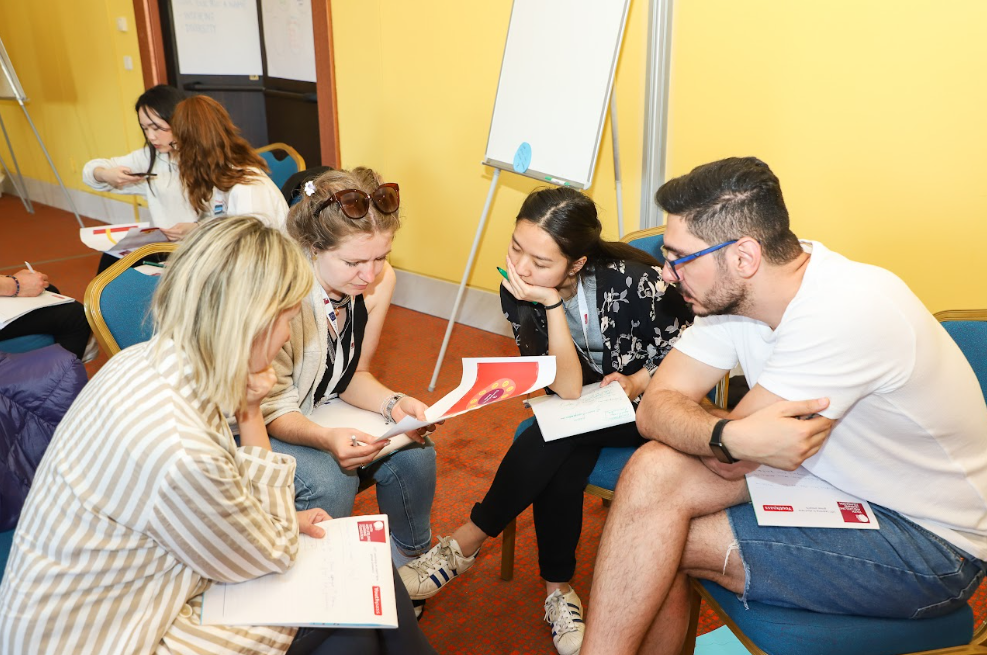

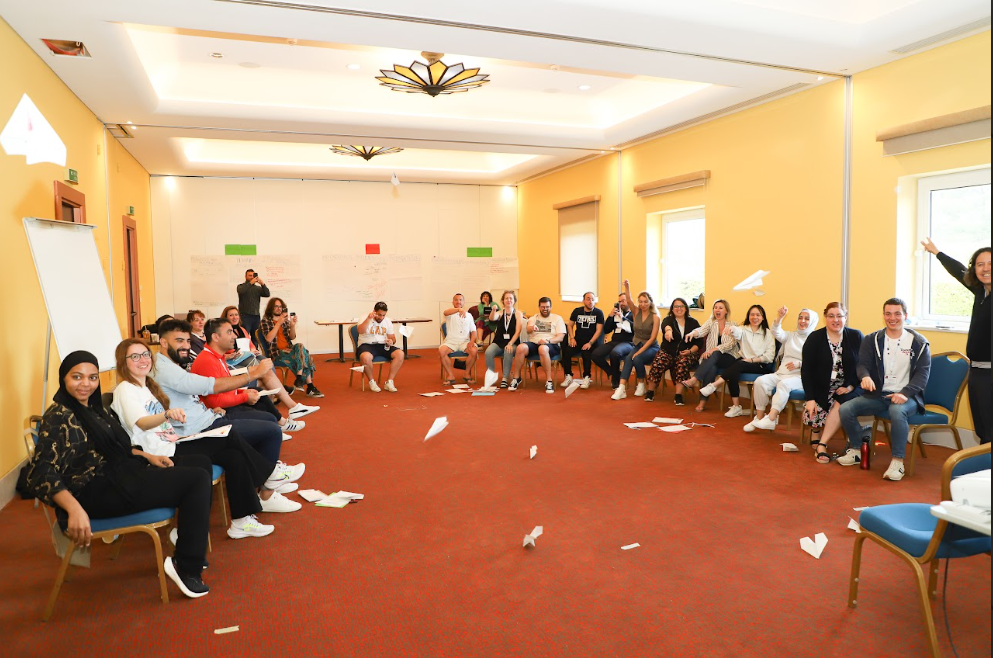
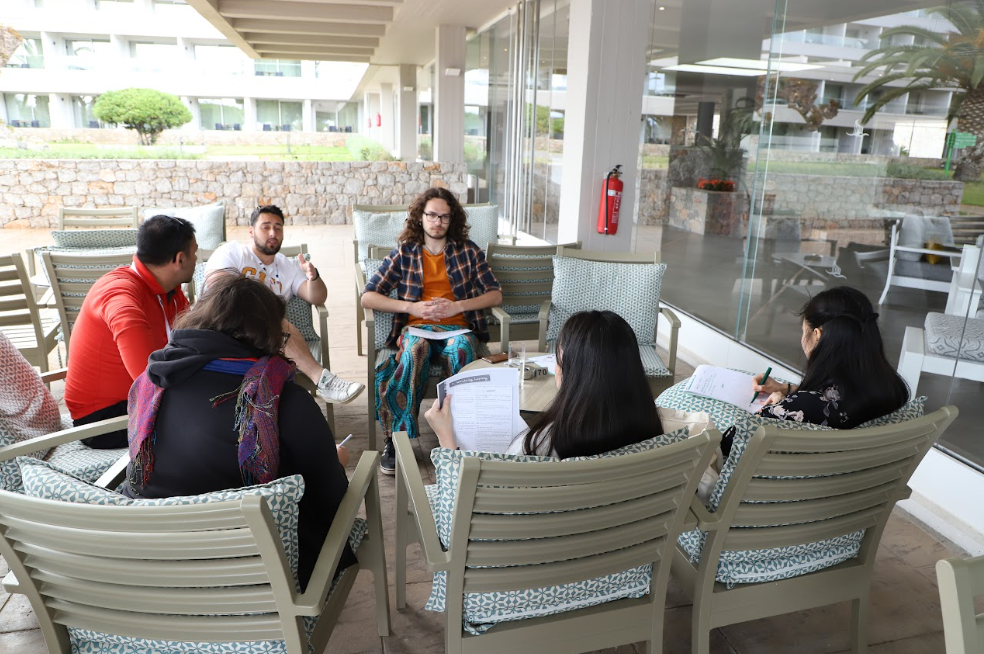
I think the best way to make people learn is to group them in a group of 5-7 people, and give them instructions. Give them the right tools to succeed and create an environment where their creativity could thrive. Listen to their needs and make sure their voices are heard. Humans aren’t dogs. They don’t need to be guided by a collar and if they do, your purpose is to free them from that cage.
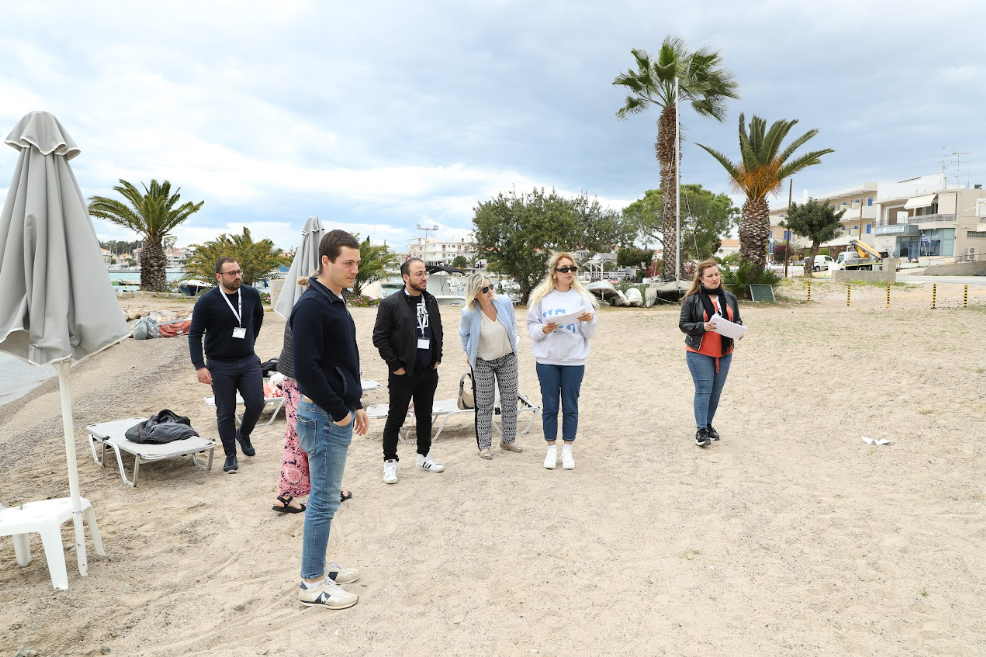
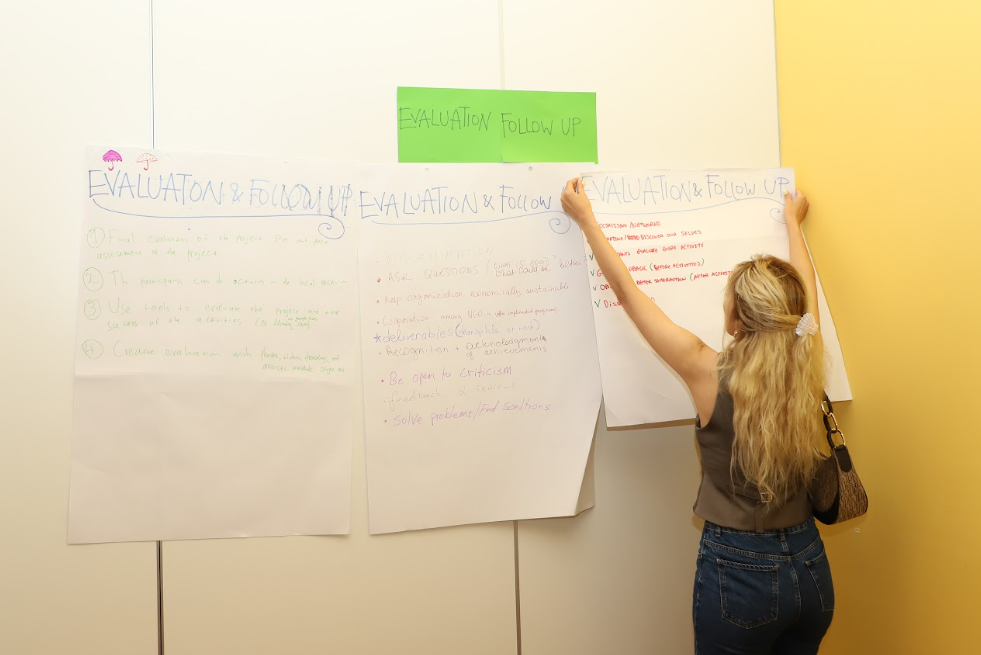
Another day passed and we got to work on four study cases. If only you had been there to participate and enjoy these activities. “The partner organisation’s youth leaders are very formal with their participants and it becomes difficult to support a non formal approach.” what would you do in this case?
- Straight and clear confrontation about the situation
- Make a compromise
- Establish certain rules everyone would agree with
- Adapt and use methods that are more suitable for others (digital devices, outdoor activities, games etc.) to create a safe and trustworthy environment
- explain the harm of overconsumption of media + how to use it in more positive way
- and etc.
When planning short-term group projects it’s also important to think about the details and what steps are in the process. Planning and preparation. Implementation. Evaluation and Follow-Up. It’s crucial for a youth worker to work on inclusion. Without this factor it is pointless to plan next steps. Set goals. What do you want to achieve in this project? Be flexible. Be prepared when things go south. Observe group activities from the outside and check in with them. Keep your goals in mind. Make sure to have enough time for evaluation and recognize your own learning in that process. Be open to criticism and feedback.
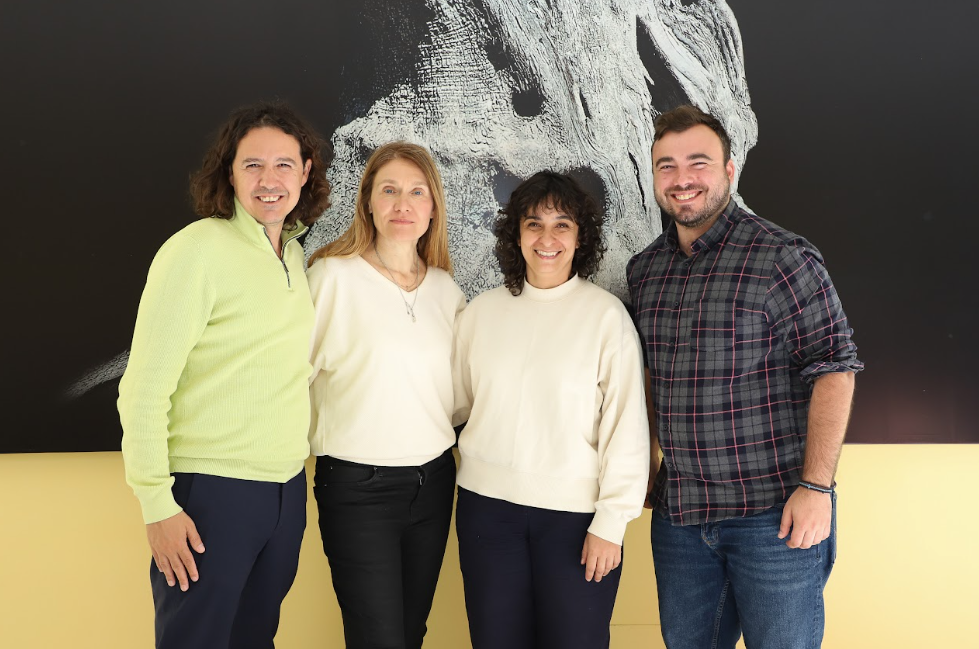
Meet our trainers and organizers of this training course:
- Elias Mastoras
- adults‘ educator and a youth trainer in the E+ Youth NA of Greece and Cyprus and SALTO Inclusion
- current IBSA Blind Football Chairperson 2021-2025
- responsible for the only paralympic football in Paris 2024 and LA28, founder of Youthorama NGO
- Vojislava Tomic
- free lance trainer based in Serbia
- works with wide range of international activities in the field of youth and volunteering, supported by the Council of Europe, European Comission and UN
- former member of the Youthpass and Recognition Team of SALTO Training and Cooperation Resource Centre
- Eda Bakir
- organizer of this TC
- works in SALTO Training and Cooperation Resource Centre in Germany
- Educational Advisor in the Youthpass Team
- Apostolos Alexiadis
- TCA Officer of the Hellenic NA, based in Athens, Greece
- responsible for organizing Training and Cooperation Activities (TCA) related to youth work and non-formal education in the context of Erasmus+ Youth Programme

Thursday night. We got to say our final goods and byes. I knew these people only like three days but it felt like three lifetimes. It was a dance-karaoke night and everyone was enjoying it to the fullest. When I arrived in Porto Heli I didn’t expect to leave with many memories. But this TC will always be special. Not only it was my first time in Greece, on a training course I also had a great time with people I barely knew. And thankfully I had my biggest anchor and friend beside me that I got to share these memories with.
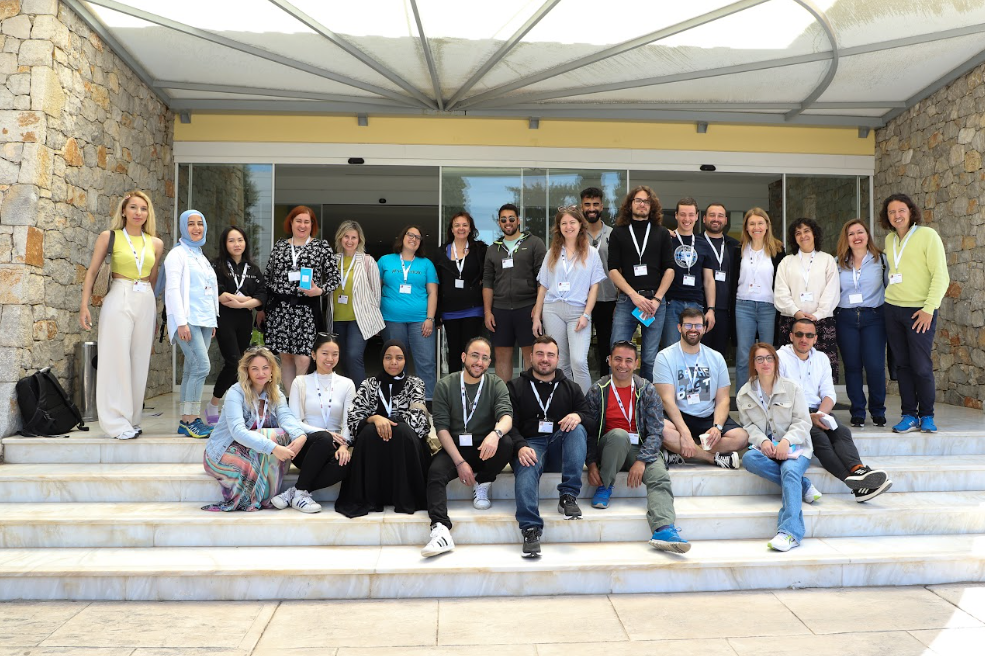
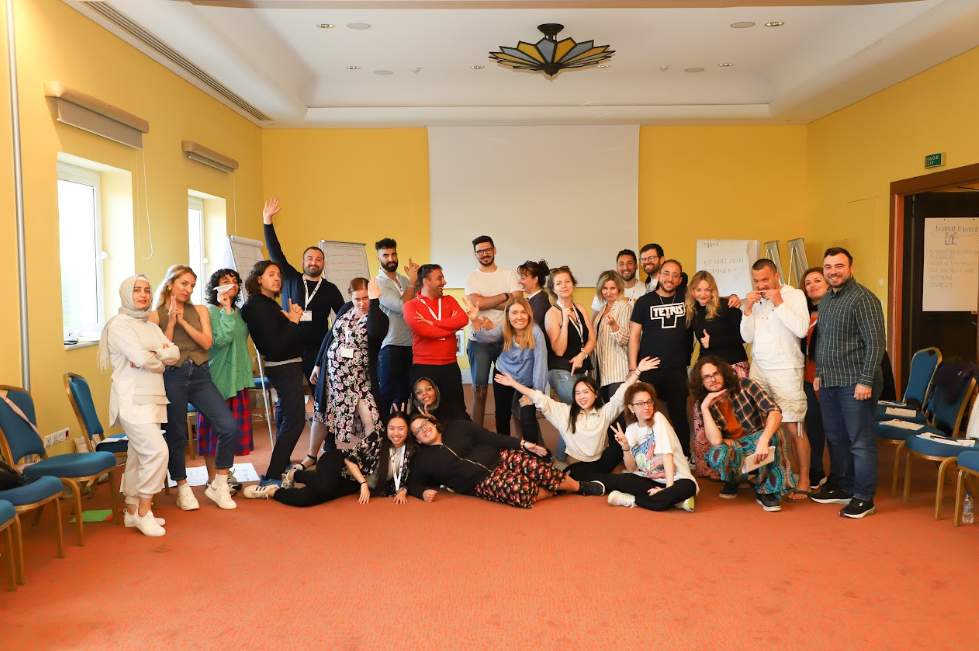
Napsat komentář